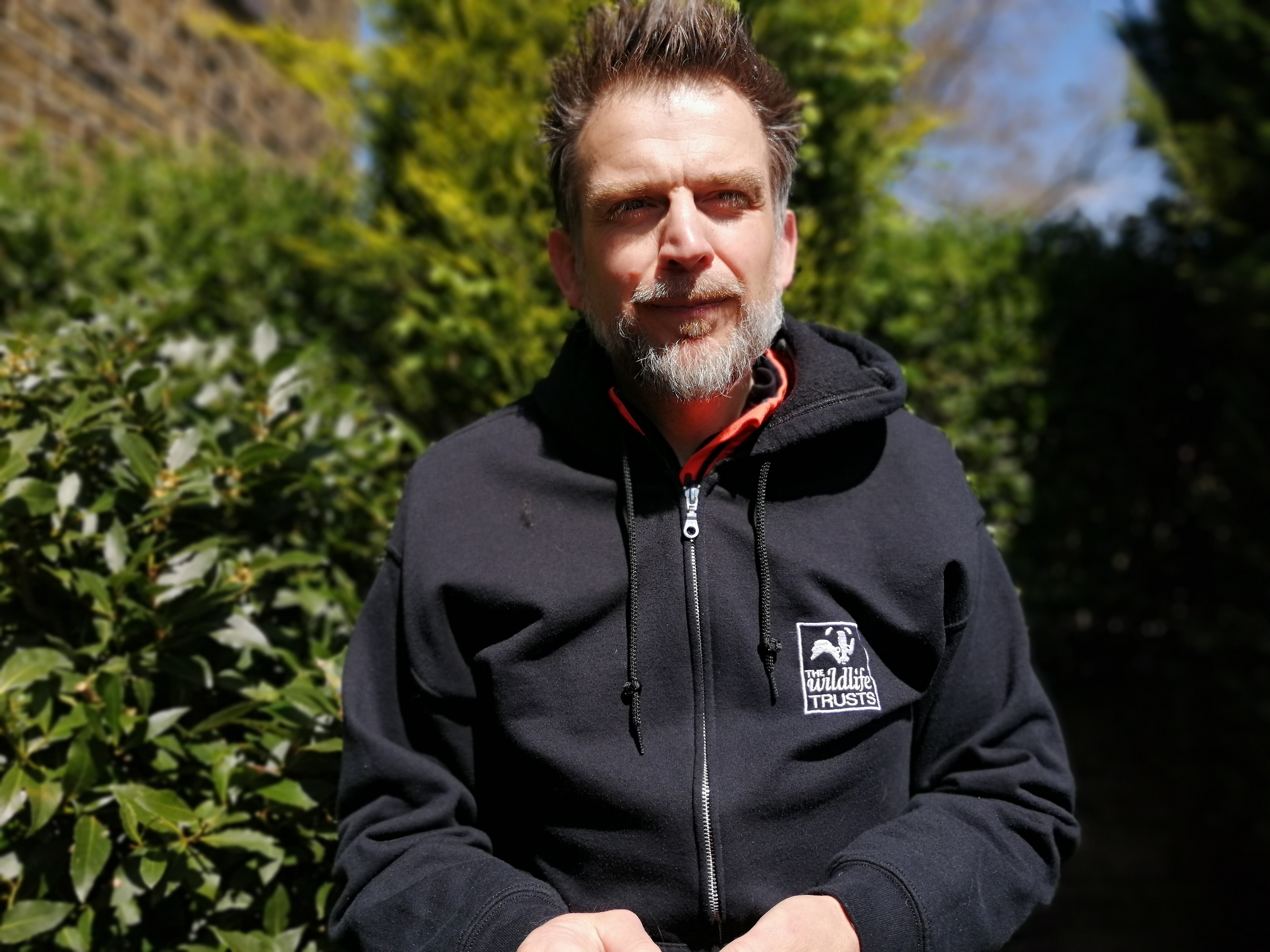May 2021
Evidence shows that a thriving, wildlife-rich environment benefits both physical and mental health [1] [2] [3]. Nature has certainly provided an essential and welcome retreat from the stress and strangeness of the last year. Even the smallest pockets of green space, the local beach or river – perhaps overlooked before - have been noticed or visited, offering solace and relief. There has been a huge spike in people getting active outdoors too.
However, access to green space is not equal, especially for those living in economically deprived areas [4]. Those who suffer with the poorest mental health are also often those with the least access to nature. This is not good enough. Having a clean and safe green or blue space nearby – a nature reserve to walk through, a community park to play in, a river or canal to travel along – should be a choice that everyone has in their daily lives in 2021.
Why does this matter now?
Following the stress and isolation of the Covid-19 pandemic, the UK is facing a mental health crisis. Biodiversity loss has not slowed, and unless we halt and reverse this trend, it will make it harder for people to gain the benefits that the natural world provides. Put simply, the lack of access to wildlife-rich natural places worsens the existing health inequalities in our society.
The change we need.
Everyone, no matter what their background, needs to feel that they have a stake in high quality natural places where they live, grow, play, work and age. Research from The Mental Health Foundation carried out for Mental Health Awareness Week 2021, has shown that the quality of the time we spend in nearby nature matters; so those that do not feel welcomed or that a beach, park, nature reserve or National Park is not for them, need to see a change in the organisations that work in this space. The research also shows that the quality of the natural environment is important too. So biodiverse, wildlife-rich places matter most for our mental health.
How can we secure change?
This Mental Health Awareness Week 2021, Wildlife and Countryside Link and all their members are calling for the Government to include a ‘State of Nature’ target in the Environment Bill. As part of the ‘Leaders’ Pledge for Nature’, the Prime Minister has committed to reverse biodiversity decline by 2030 – now we want to see that added to the Environment Bill as a legally binding target. That would ensure this Government and future administrations are committed to protecting the natural assets that can improve mentally health so dramatically.
Together we can bring wildlife back into people’s lives by providing nature-rich spaces that are within easy reach of people’s homes and where all children are able to play outdoors in nature. So why not start here – and sign the State of Nature petition to call on the Government to stop and reverse loss of nature by 2030.
[1] Evidence statement on the links between the natural environment and human health - University of Exeter and Defra, 2017
[2] Urban Green Spaces and Health: World Health Organisation Regional Office for Europe, 2016, 9-10
[3] The Lancet Planetary Health, Residential greenness and prevalence of major depressive disorders: (April 2018)
[4] The Kings Fund - what are health inequalities?
Dom Higgins is Head of Health and Education at The Wildlife Trusts, and is Co-Chair of Link's Nature and Wellbeing Strategy Group.
Follow:@WildlifeTrusts
The opinions expressed in this blog are the author's and not necessarily those of the wider Link membership.




Latest Blog Posts